Fears & Myths of Miscegenation: Anti-Lincoln Cartoons in the Election of 1864
 Friday, March 18, 2011 at 10:14AM
Friday, March 18, 2011 at 10:14AM 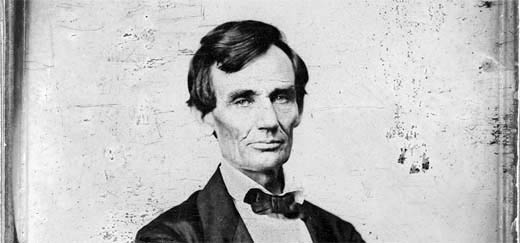
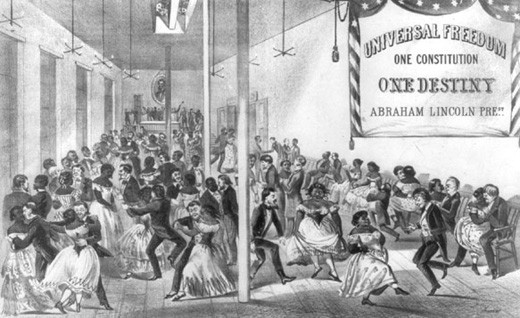
 1864,
1864,  Abraham Lincoln,
Abraham Lincoln,  Civil War
Civil War Search WillRabbe.com:
Social Media:
Navigate Site:
This site is powered by:
Anecdotal Observations On History & Politics
 Friday, March 18, 2011 at 10:14AM
Friday, March 18, 2011 at 10:14AM 

 1864,
1864,  Abraham Lincoln,
Abraham Lincoln,  Civil War
Civil War  Saturday, March 12, 2011 at 8:37AM
Saturday, March 12, 2011 at 8:37AM 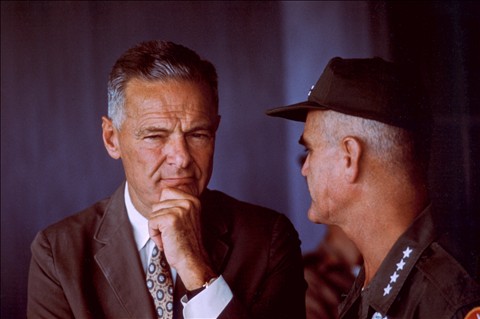
It's hard to imagine it happening now, but the winner of the the 1964 New Hampshire Republican Primary wasn't a declared candidate, nor was his name even on the ballot. Henry Cabot Lodge Jr., who was previously on the losing ticket as Nixon's Vice Presidential candidate in 1960, was the ambassador to Vietnam and had not set foot in the influential first primary state -- he wasn't even in the country at the time. Yet his popularity in the Granite State was undeniable, as he trounced declared candidates Goldwater and Rockefeller by double digits, at 35.5% to Barry M. Goldwater's 22.3% Nelson A. Rockefeller's 21.0%. See LIFE Magazine's original report here, on pages 32-38 and the newsreel report below:
 Friday, March 11, 2011 at 6:53AM
Friday, March 11, 2011 at 6:53AM 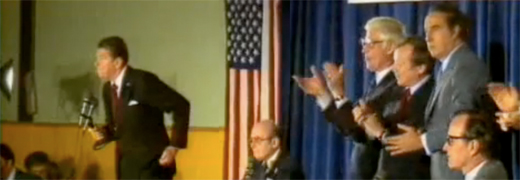
 1980,
1980,  Bob Dole,
Bob Dole,  George HW Bush,
George HW Bush,  Ronald Reagan,
Ronald Reagan,  debate,
debate,  microphone
microphone  Tuesday, March 8, 2011 at 7:53PM
Tuesday, March 8, 2011 at 7:53PM Now that Donald Trump is getting so much media attention as a potential republican presidential candidate for the 2012 nomination, it's worth taking a look at this little-known project that Errol Morris aborted several years ago. The subject? Orson Welles' groundbreaking 1941 film Citizen Kane, which was a thinly veiled portrayal of media tycoon William Randolph Hearst.
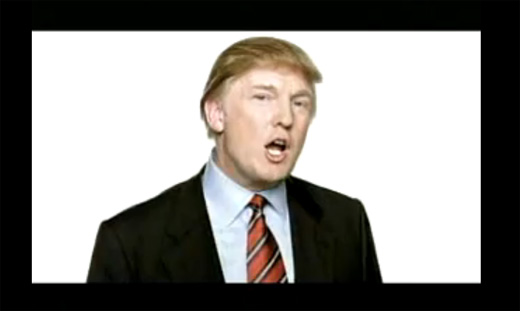
The film painted an bitterly unsympathetic portrait of Kane and was received unfavorably by Hearst. In turn, this documentary short provides some insights about Mr. Trump, who admits that wealth isolates the wealthy from regular people -- but is it a positive or negative portrayal of the Donald?
 2012,
2012,  Citizen Kane,
Citizen Kane,  Documentary,
Documentary,  Donald Trump,
Donald Trump,  Errol Morris
Errol Morris